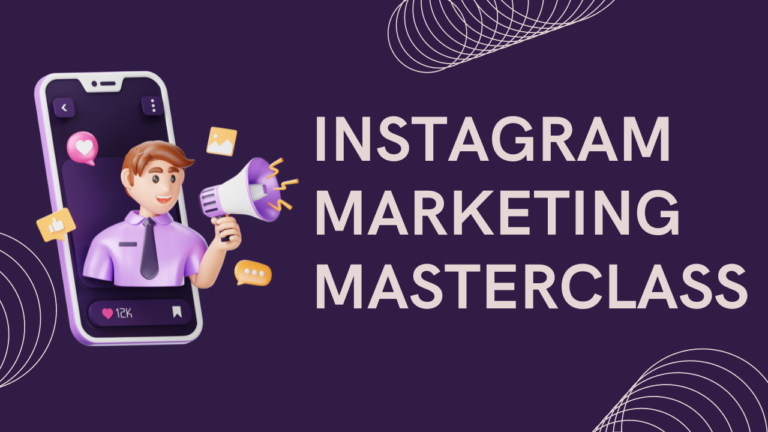Introduction:
In today’s digital landscape, content marketing has emerged as a pivotal strategy for businesses seeking to connect with their audience and drive engagement. By creating and distributing valuable, relevant content, companies can enhance their brand visibility and establish authority in their industry. This document will explore the core components of content marketing, its benefits, and actionable steps to improve your SEO through quality content.
Understanding Content Marketing:
Content marketing involves the strategic creation of content that resonates with a target audience. This content can take various forms, including blog posts, videos, podcasts, infographics, and social media updates. The primary goal is to provide value to your audience, which, in turn, fosters trust and loyalty. Unlike traditional advertising, which focuses on direct promotion, content marketing aims to inform, educate, and entertain.
Benefits of Content Marketing:
- Increased Brand Awareness:
- High-quality content serves as a magnet, attracting potential customers to your brand. By consistently producing relevant content, businesses can position themselves as thought leaders in their industry.
- Enhanced SEO Performance:
- Search engines prioritize fresh, relevant content. By optimizing your content with keywords, internal links, and external references, you can improve your site’s visibility on search engines like Google.
- Improved Customer Engagement:
- Engaging content encourages interaction. Whether through comments, shares, or likes, this engagement can enhance your relationship with customers and prospects.
- Lead Generation:
- Content marketing can help capture leads by offering valuable resources, such as eBooks or webinars, in exchange for contact information.
- Long-Term Results:
- Unlike traditional advertising, which has a short lifespan, quality content can continue to drive traffic and leads for months or even years.
Key Elements of a Successful Content Marketing Strategy:
- Define Your Target Audience:
- Understanding who your audience is crucial. Conduct market research to identify their demographics, preferences, and pain points. This information will guide your content creation efforts.
- Develop a Content Plan:
- Create a content calendar outlining what types of content you will publish, when, and where. This helps maintain consistency and ensures a variety of content types.
- Create High-Quality, Relevant Content:
- Focus on producing content that provides real value to your audience. This includes addressing their questions, solving their problems, and offering unique insights.
- Optimize Content for SEO:
- Incorporate relevant keywords naturally into your content. Use tools like Google Keyword Planner or SEMrush to identify the right keywords. Additionally, optimize your meta tags, headers, and images to enhance SEO.
- Promote Your Content:
- Utilize social media platforms, email marketing, and other channels to share your content. Collaborate with influencers or other brands to expand your reach.
- Analyze and Adjust:
- Use analytics tools to track the performance of your content. Analyze metrics such as traffic, engagement, and conversion rates to determine what works and what doesn’t. Use this data to refine your strategy continuously.
External Resources for Improving SEO:
- Moz’s Beginner’s Guide to SEO:
- This comprehensive guide provides foundational knowledge about SEO, including keyword research, on-page optimization, and link building.
- Neil Patel’s SEO Unlocked Course:
- A free course that offers practical insights and techniques for improving your website’s SEO through content marketing strategies.
- Backlinko’s SEO Techniques:
- This guide explores advanced SEO techniques that can help you improve your rankings, including link-building strategies and content optimization tips.
- Search Engine Journal:
- A reputable source for the latest news, trends, and strategies in the SEO landscape, offering articles from industry experts.
- Google’s Search Quality Evaluator Guidelines:
- Insights into what Google considers high-quality content, which can inform your content creation and optimization efforts.
- HubSpot’s Content Marketing Certification Course:
- A free course that covers the fundamentals of content marketing and provides strategies to effectively create and promote content.
Conclusion:
Content marketing is not just a trend; it’s an essential component of modern marketing strategies. By investing time and resources into creating high-quality, optimized content, businesses can significantly improve their SEO, attract more customers, and build lasting relationships. Utilize the external resources provided to deepen your understanding of SEO and enhance your content marketing efforts.
By following these steps, you can develop a successful content marketing strategy that drives results and helps your business thrive in a competitive landscape.

 passive income Secrets
passive income Secrets 




